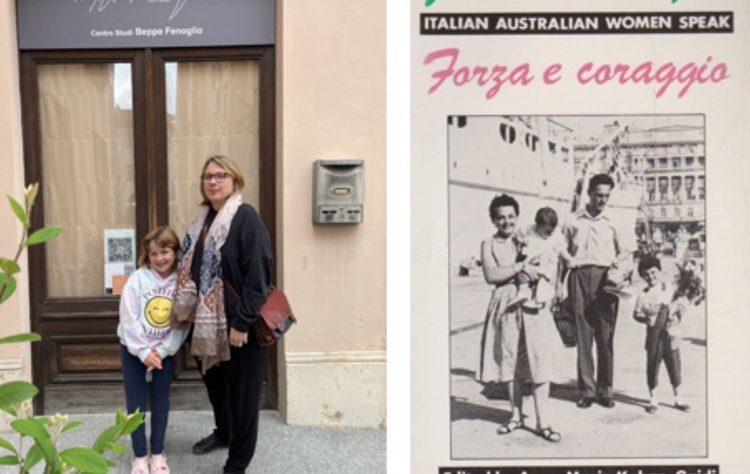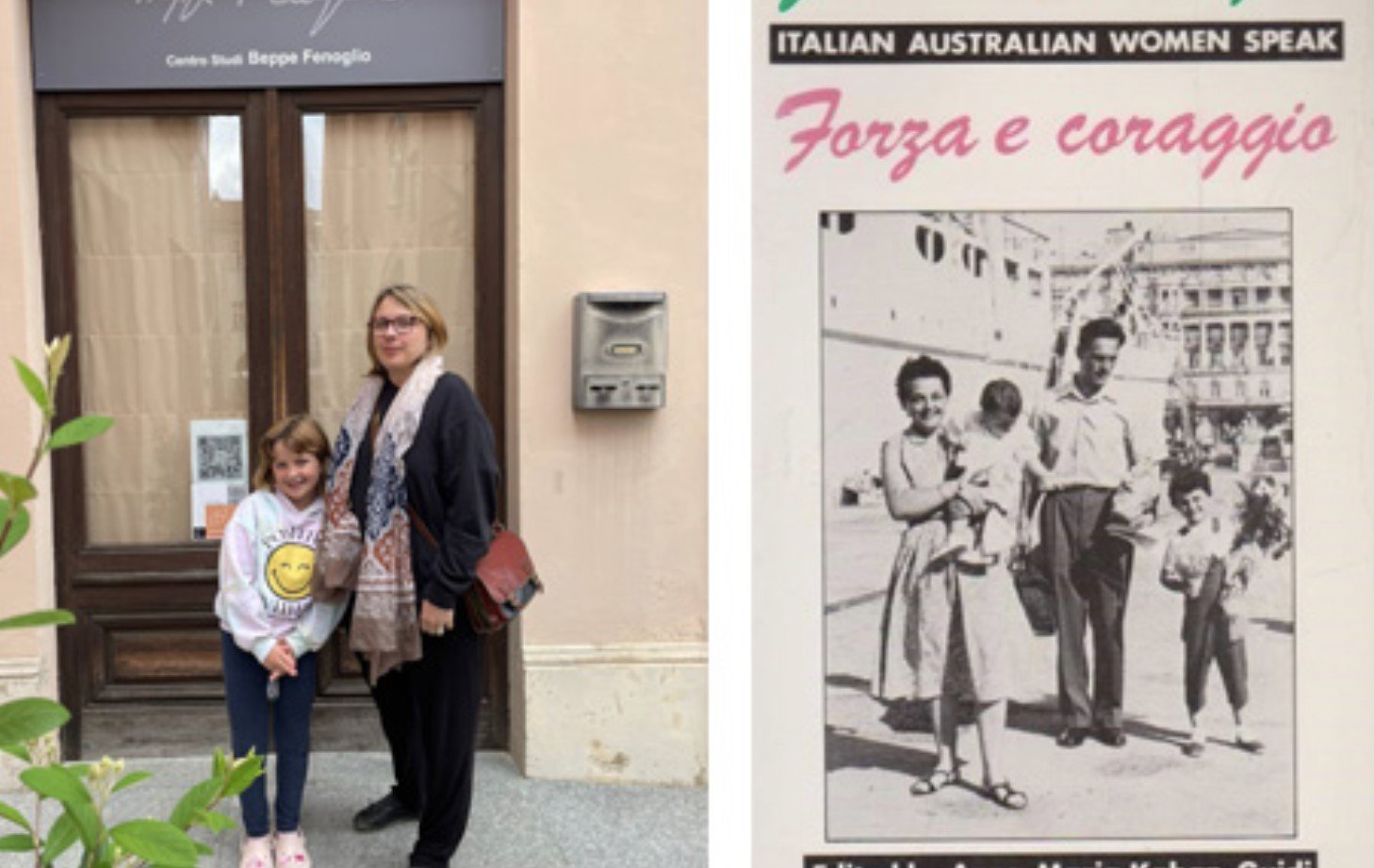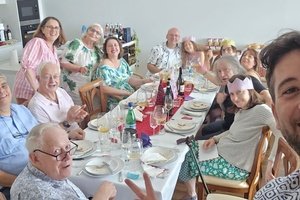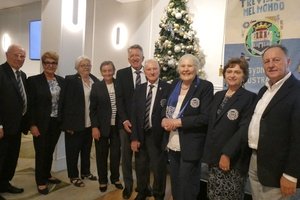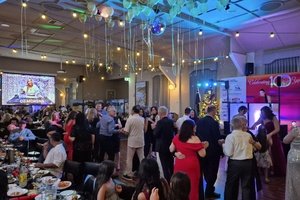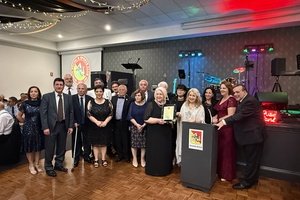SYDNEY – In a seminar she organised titled Subject, history, relationality: life writing by Italian-Australian Women in the late Twentieth Century, she shared the findings of her study on women’s autobiographical writing.
Her work reveals surprising aspects of the lives of women who, through their narratives, challenge the traditional male-dominated paradigms of autobiography.
At the heart of Loda’s research are narratives that emerged from a literary competition organised by the National Italian-Australian Women’s Association (NIAWA) in 1986.
Founded in 1985 by Franca Arena, this collective of Italian-Australian women sought to amplify the voices of a community often marginalised in Australia’s cultural landscape.
In partnership with Alitalia, NIAWA invited Italian women to share their stories of migration and adaptation, creating a new narrative space that honoured and centralised women’s experiences.
Some of these stories were published in the bilingual volume Give me strength – Forza e coraggio in 1989, while others remained unpublished, preserved in the archives of the State Library of New South Wales.
Loda devoted herself to studying this collection of approximately 30 stories, aiming to analyse their formal, linguistic and material qualities.
Her research also extends to other narratives that were excluded from the volume due to space constraints, stories that are equally significant and deserving of recognition.
The texts explored provide unique insights into the lives of Italian communities in Australia between the world wars and in the immediate post-war years.
Loda highlights how Italian academia has long overlooked these stories, prioritising male authors and thereby limiting the representation of women’s migration experiences.
The women’s narratives Loda analyses offer an alternative autobiographical model.
“If the male model of autobiography, dominant in Western tradition, is exemplified by figures like Saint Augustine or Jean-Jacques Rousseau, characterised by extraordinary and individualistic lives, the autobiographies of Italian-Australian women follow a more collective and relational narrative thread,” explained Loda.
Barbara Kane, one of the authors central to Loda’s research, noted that women’s autobiographies often revolve around relationships - not only familial ones, such as those between mothers and daughters, but also networks of friendships and alliances among women.
In this context, the stories in Give me strength – Forza e coraggio become expressions of a “network of women’s thought”, a mosaic capturing the subjectivities of the authors, NIAWA editors and, by extension, the broader Italian-Australian female community.
Loda emphasised sisterhood as a foundational element of these narratives, pointing out that “many stories feature the involvement of other women, friends and confidantes who help and support each other through the challenging process of adapting to a new land”.
“This type of narrative creates a space of solidarity that challenges Western literary conventions and aligns with feminist studies and transnational models,” Loda explained.
Among the stories Loda studied, Maria Paoloni’s stands out for its intensity and complexity. After emigrating to Australia with her husband, Maria faced numerous hardships, including the birth and loss of a daughter in a hostile environment where language and cultural barriers were nearly insurmountable.
When her husband was interned in a prison camp during World War II, Maria forged a bond with another woman who owned a farm, demonstrating extraordinary resilience and ingenuity.
“Her story exemplifies female alliance, where women support each other in difficult social and political circumstances, creating a shared strength,” said Loda.
Another captivating aspect of Loda’s research is her analysis of the language used in these narratives. Many of the women who participated in the literary competition belonged to the working class. These were women who, despite lacking a formal academic education, produced texts of profound expressive power.
Their writing is characterised by a constant interplay between Italian and English, reflecting a linguistic adaptation to their lived experience and migratory journey. This “translinguistic” writing not only documents the authors’ lives but also represents a form of resistance.
The seminar attracted significant interest, involving scholars and community members like Maria Cristina Mauceri from The University of Sydney. Alice Loda hopes her work is just the beginning of a broader investigation into the stories of Italian-Australian women and their importance in the context of migrant literature.
Her research contributes to understanding women’s autobiographical practices, seen not only as acts of resistance against the invisibility of women’s labour and experiences but also as the textual embodiment of poetic truth.
Loda aspires for this project to expand the field of studies on women’s translinguistic writing, offering a more inclusive and diversified perspective on migrant women’s contributions to culture and literature.
Ultimately, the goal is to give space and voice to the experiences that shaped generations of Italian-Australian women, creating a bridge between past and present, Italian and Australian identities, and fostering a deeper understanding of a complex female subjectivity in transnational contexts.

